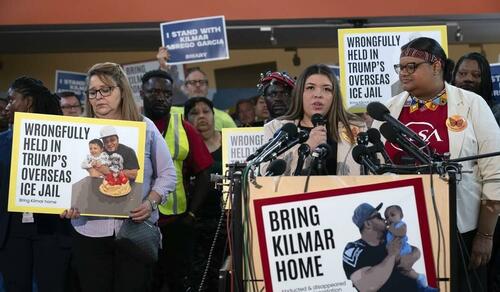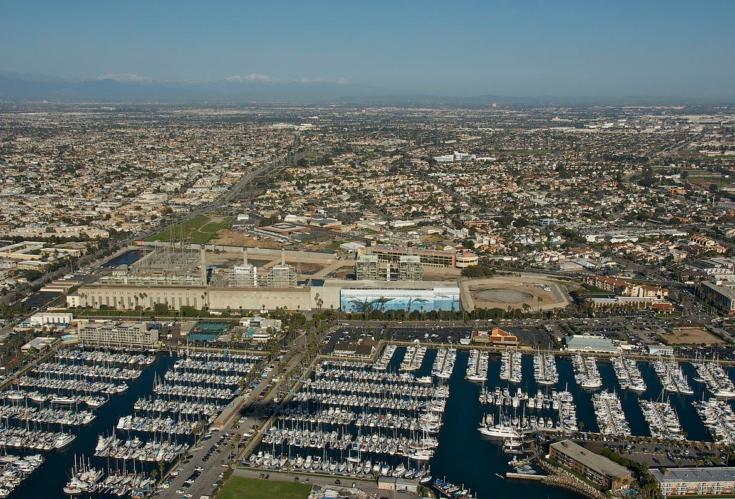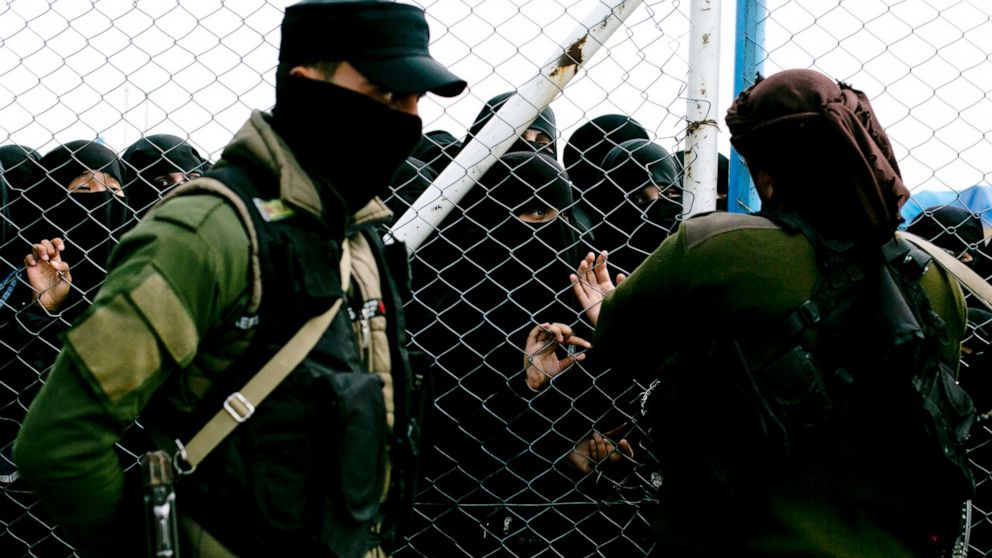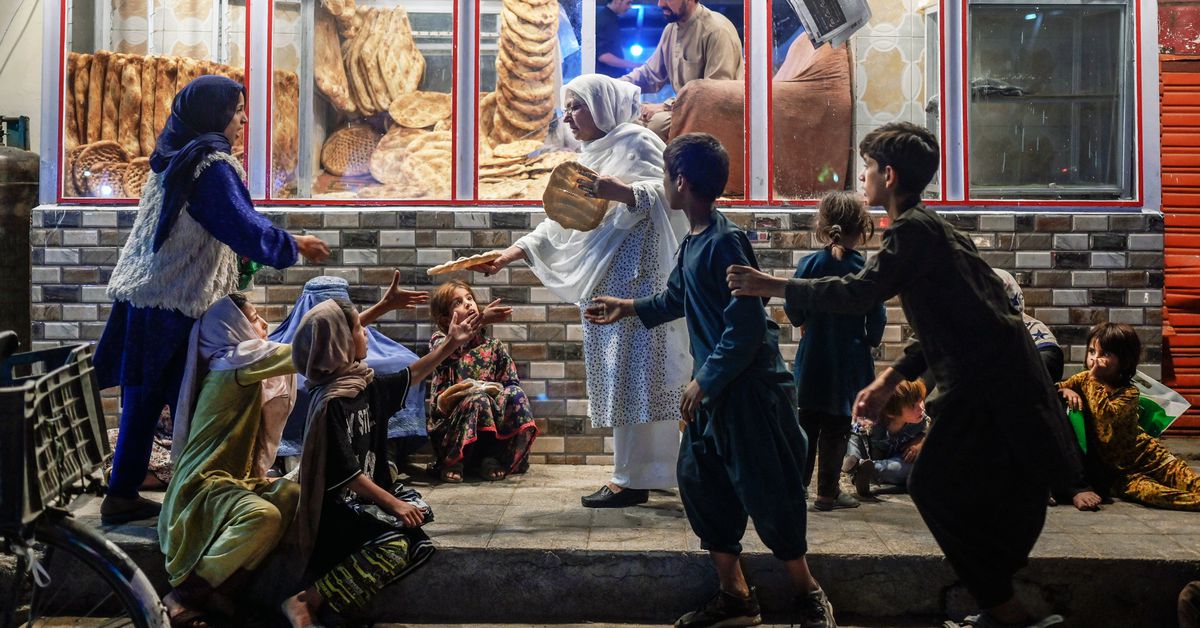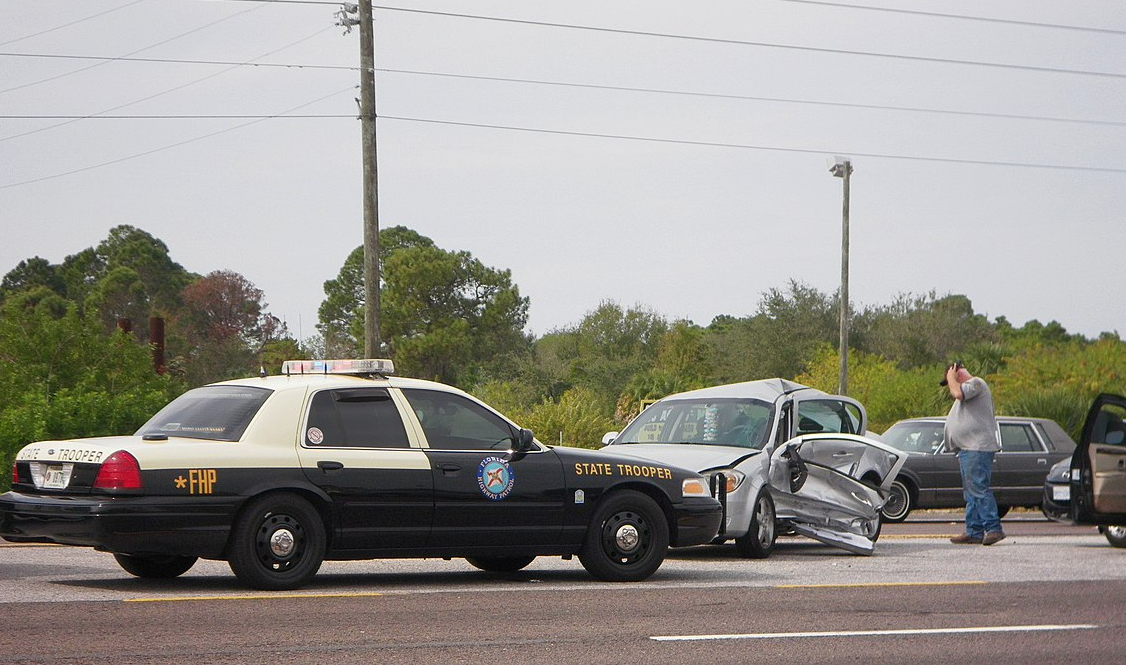In September 1947, Prince Eugene de Ligne presented his credentials to the then Governor General of India as Belgium’s ambassador, becoming the first resident ambassador from a European country in Delhi after Independence and among the first foreign envoys to arrive in the young nation.
What about France, Germany and the other big countries of Europe? Being under Allied control, Germany and Italy were, perhaps, in no position to send ambassadors. India’s stand on colonial issues put it at odds with France, which had a charge d’affaires in Delhi like the Dutch. The authoritarian regimes in Spain and Portugal were unlikely to be welcome at the highest diplomatic levels in independent India. What about the United Kingdom? It had a high commissioner, but India being a dominion, he represented his government, and not the sovereign, and thus ranked below ambassadors.
Like many European countries, Belgium had consulates in Bombay and Calcutta, mainly to pursue trade ties and care for maritime and consular issues. However, in January 1947, following a meeting between the Belgian prime minister (PM) and Krishna Menon, the Belgians decided to open an embassy in Delhi. Accordingly, their consul-general in Calcutta moved to Delhi in May 1947, and the ambassador, Prince Eugene, arrived on September 15.
Prince Eugene served in the Belgian Embassy in Washington before World War II and, during the initial months of the war, provided refuge to Jews fleeing from Germany on his estate. With his royal lineage and diplomatic experience, he convinced the government to send him to India as ambassador.
Ambassador GJ Malik, an under-secretary in the ministry of external affairs, and Princess Yolande de Ligne, daughter of Prince Eugene, who is now 90-plus and lives in Brussels, were witnesses to the exciting events during the ambassador’s sojourn in India.
Wanting to announce his arrival in Delhi with a bang, the prince reached India on board a four-engine DC-6 belonging to SABENA, the Belgian airline. He was accompanied by his friend and SABENA owner, Tony Orta, who had been sold a pipe dream that a Belgium-India air service would be profitable. There were no four-engine aircraft with the capability to fly over the Himalayas in India at that time.
The prince, therefore, invited Governor General Louis Mountbatten and PM Jawaharlal Nehru for a flight over the Himalayas. The Governor General turned him down but Nehru and some Cabinet colleagues accepted the offer.
The news of the PM on his way to the aircraft reached the Governor General, who, perhaps realising what he was missing, rushed to the airport at the last minute. But by then, the flight had taken off, and the best that he could do was to receive them on arrival.
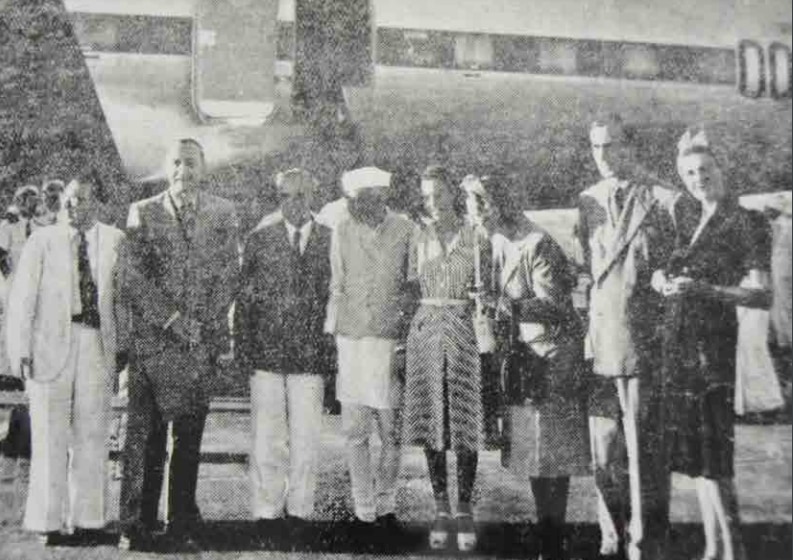
The ambassador presented his credentials to the Governor General on September 20. The papers presented, however, were copies of the credentials. The original, signed on September 2 by the Prince Regent of Belgium, was sent to his “cousin”, the term used by royalty in Europe while addressing one another, the King of Great Britain, Ireland and the British Dominions.
As they watched India celebrate its Independence and go through Partition, the prince’s family was mesmerised by Mahatma Gandhi. This was particularly true of the ambassador’s wife, who often went to Birla House, where Gandhi stayed in Delhi.
Princess Yolande vividly recalled the evening of January 30, 1948 later. The family was having tea in a relaxed setting when they heard gunshots. They realised something was amiss at Birla House; Yolande and her daughters rushed in their casual clothes. The prince, however, arrived at Birla House only after an hour, suitably attired. By then, it was all over.
India reciprocated the Belgian gesture of sending an ambassador soon after Independence by opening one of her first diplomatic missions in Europe in Brussels. This was in 1948, with Badruddin Tyabji being appointed the charge d’affaires.
The decision to open the embassy in Brussels was most prescient as west Europeans soon coalesced into the European common market and the European Union (EU). Today, the EU is one of India’s most significant economic partners, and the embassy in Brussels is also the mission to the EU. Belgium has emerged as a strong pillar of this economic relationship, with the global diamond business being anchored in Antwerp and Surat. The doyen of India’s economic diplomacy, KB Lal, served twice in Brussels as ambassador. I had the privilege of serving as India’s ambassador in Brussels, following in the footsteps of my father, who also served in the same post.
Manjeev Singh Puri is a former ambassador of India to Belgium, Luxembourg and European Union
The views expressed are personal
Enjoy unlimited digital access with HT Premium
Subscribe Now to continue reading





